It was a gray May afternoon in New York City when a thirty-year-old homeless man named Jordan Neely — who had dozens of encounters with law enforcement, suffered from schizophrenia and other mental health issues and was under the influence of synthetic drugs — boarded the F train and began ranting and raving at the straphangers on board. He said he was ready to die, that someone would die today, screaming that he didn’t mind going to jail or getting life in prison. Scared passengers backed away, with one young mother barricading her five-year-old behind a stroller. Witnesses attest to what happened next: a young man headed to the gym, an ex-Marine named Daniel Penny, did what others wouldn’t be brave enough to do in this situation. He locked the screaming Neely into a chokehold, trying to subdue the man and protect violence against those around him.
In a normal, rational world, what Penny did would be lauded. He clearly wasn’t attempting to kill Neely, but restrain a dangerous man capable of harming others, who seemed to be having a psychotic break and was threatening violent death to innocent citizens. Yet because he was willing to do this, a politically insane system of justice — helmed by Alvin Bragg, another of the batch of progressive-backed district attorneys whose policies have resulted in so much backlash from reasonable Americans in cities across the country — decided to make an example of Penny.
Today, the citizens of New York can be happy that Bragg and his allies failed, and that Daniel Penny can walk free.
From almost the moment he sat down with officers after the incident — unaware that Neely had expired, believing he was free to talk about the incident and declining to invoke his right to remain silent — Penny assumed incorrectly that he was walking away from a harrowing circumstance. Instead, he was about to be put through hell, one which — even if his criminal case is over — will continue to follow him for the sin of stepping forward in a keep-your-head-down society where personal bravery is just too much of a risk.
And this is not just because of an already filed civil case filed by Neely’s father, who seemed to take little interest in his son’s plight before his death.
Rather than accept the results of the “not guilty” verdict after a lengthy trial with an enormous number of witnesses — despite the best efforts of the court to force the jury into it — the protesters on the street have already declared their intentions on revenge. In the courtroom, Hawk Newsome, founder of BLM Greater New York, responded to the verdict by warning, “It’s a small world buddy.” On the streets, he went further: “We need some black vigilantes. People wanna jump up and choke us and kill us for being loud? How about we do the same?”
What Daniel Penny did in that moment was the consequence of a system that failed Jordan Neely, as it’s failed so many others, despite enormous costs to the taxpayers and employing countless layers of bureaucracy and institutions. Whenever these “preventable tragedies” happen, there’s questioning raised about changing those systems to make them work better. But it’s a lot easier for the bureaucrats to just hope there’s no Daniel Penny there whose bravery exposes the recurring failure that makes these cities such a regular symbol, speeding the decline in America’s trust that they live in a land of law and order.
The continued threats aside, today Daniel Penny walks free under law thanks to a jury of his peers. After all these years of pressure campaigns and race-based blather, the people still possess a more rational perspective on the state of the country than the power-hungry elites who use the anger of the mob to raise themselves up. And that at least is a hopeful sign that sanity can rule in our cities again.



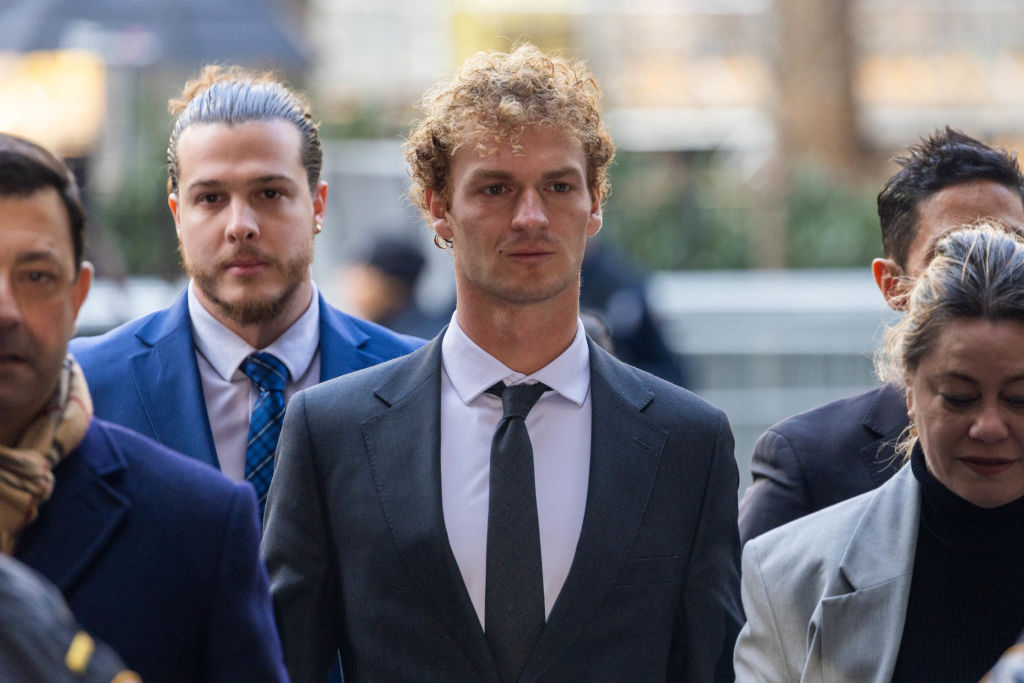








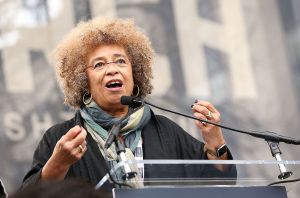
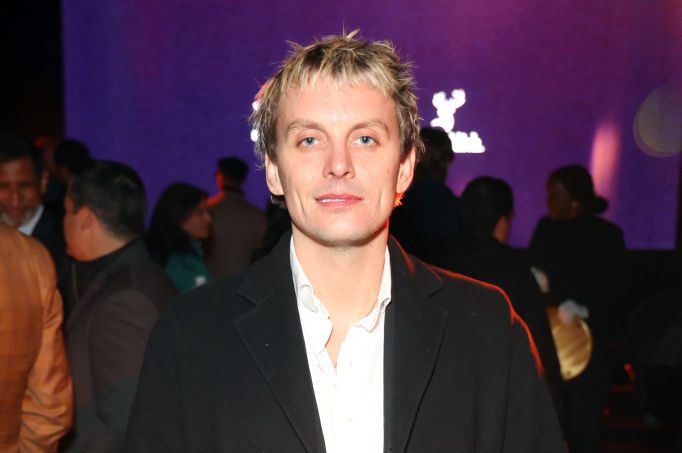

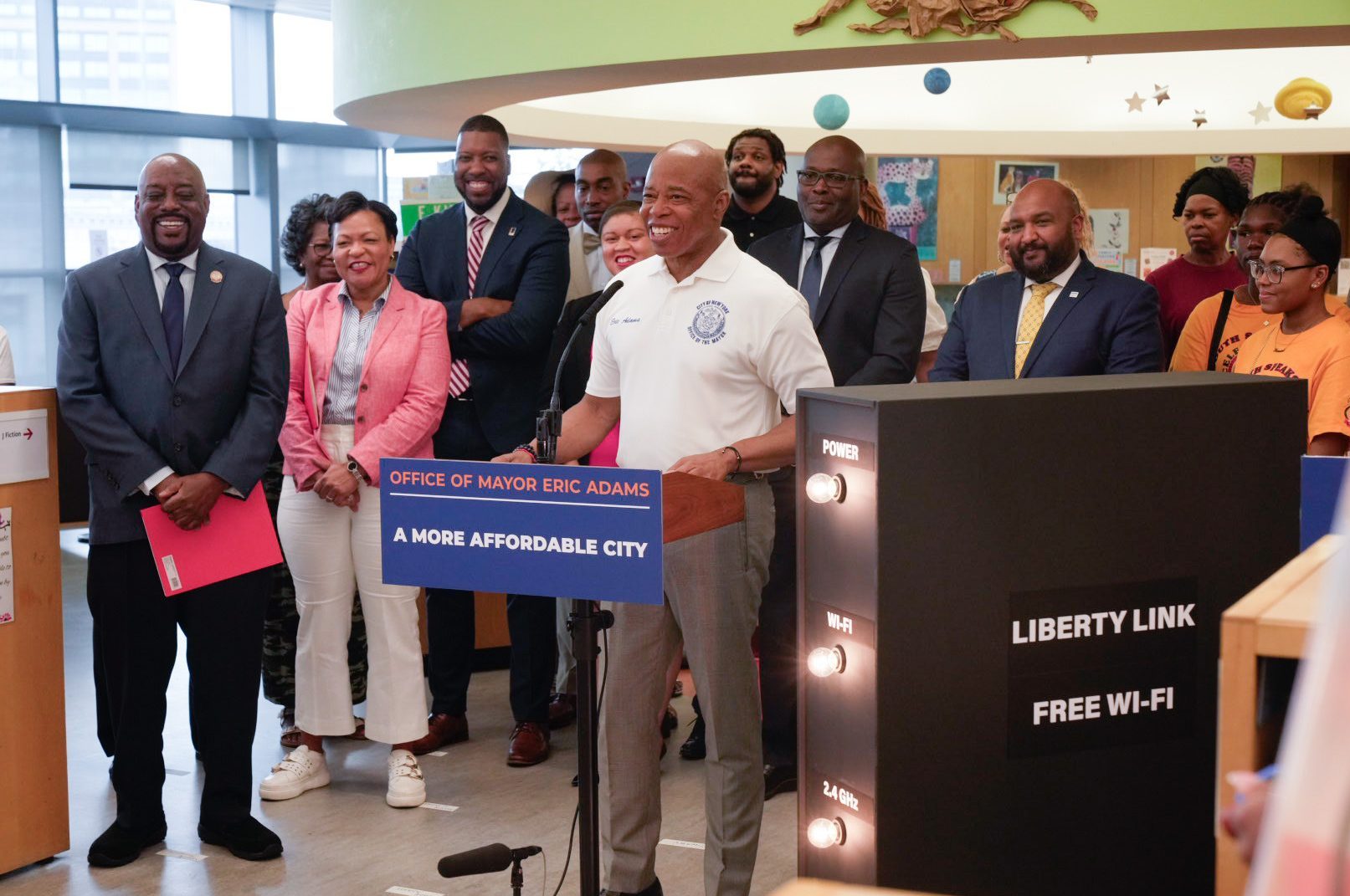


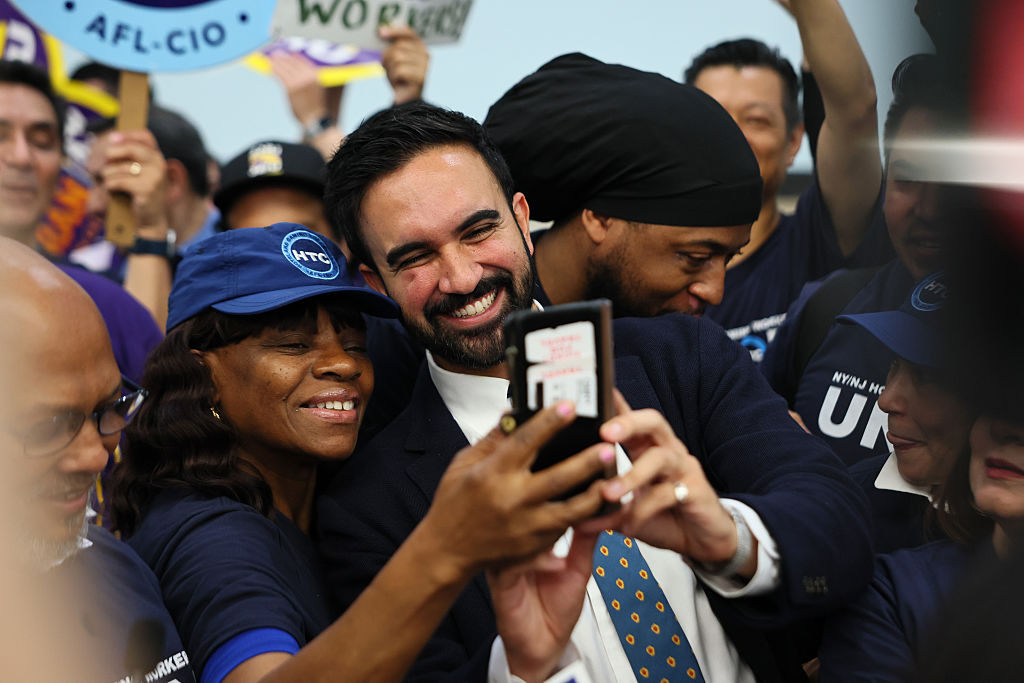







Leave a Reply